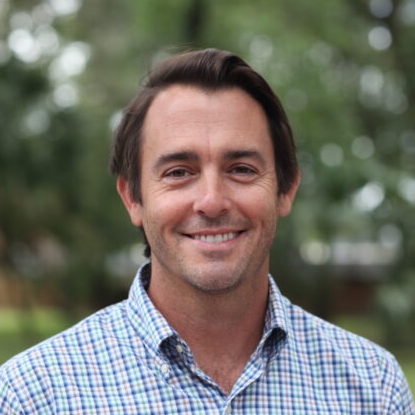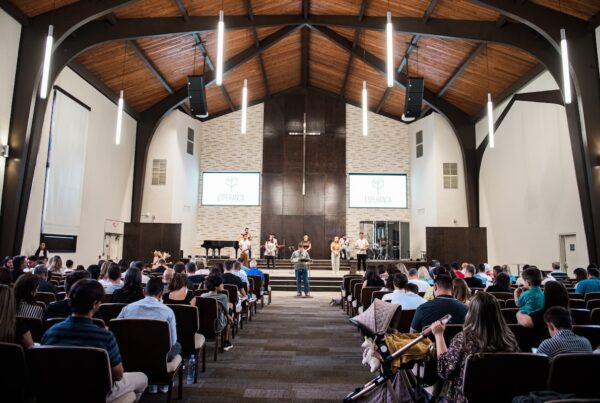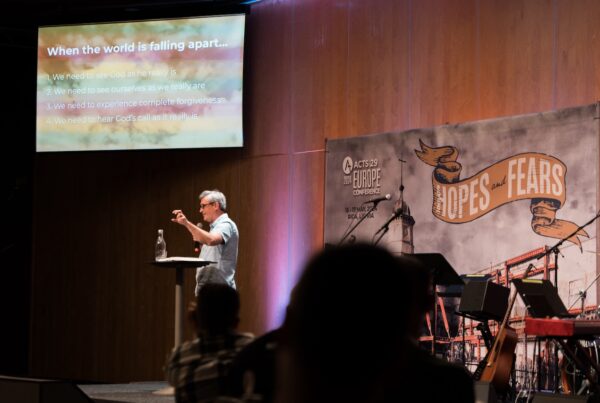Brutal privilege. That is the phrase used by Brian Lowe, lead pastor of Exodus Church in Belmont, North Carolina, as he announced he will be taking extended time off for rest and renewal. Brian is ahead of the curve. Sadly, for most pastors, there will be a lag between the events of the past 18 months and an understanding of the toll it has taken on us. If we’re going to be healthy pastors and church leaders, we will need to acknowledge the hardships, embrace the privilege, and protect ourselves from burnout.
Pastoring has never been easy. The Apostle Paul warned Timothy of disappointment, mistrust, abandonment, and persecution. Paul said he was poured out like a drink offering. How can we follow Paul’s example and acknowledge the difficulty of pastoring since March of 2020?
Why It’s Brutal
The past 20 months, for reasons including (but not limited to) the pandemic, social unrest, and political polarization, have been significantly harder for most pastors. It is good, right, and healthy to talk about it. My wife and I speak for Family Life’s Weekend to Remember Getaways where we would normally see two to four other pastors in attendance, but this past month in Tampa we were joined by more than 40. In a recent article in Leadership and Ministry Magazine, one pastor said, “Of my 30 years in pastoral ministry, this was the hardest. I’ve never been more mentally drained and emotionally exhausted for such an extended period of time—much more so than in any other time of my life.” As we hear about more pastors desiring to leave the pastorate, the anecdotal data we have tells us that pastoring in this cultural moment is taking its toll.
At the beginning of the pandemic, there was the toll of daily revisiting major decisions in the church. Do we meet? How do we livestream? When do we start back in person? Will we require masks? What if the church’s desire and the government’s desire are in conflict? Many of us were making these decisions over Zoom calls with noisy backgrounds and limited bandwidth as our children transitioned to remote learning. The challenges of 2020 also added more marriages in crisis, households in fear, and even loss of life. As we hear about more pastors desiring to leave the pastorate, the anecdotal data we have tells us that pastoring in this cultural moment is taking its toll. Click To Tweet
Then tensions rose as racial and political polarization grew. If you addressed these issues, people got angry and left. If you didn’t address them, people got angry and left. Even masks and vaccines became so contentious that people stopped going to church without so much as a conversation if they didn’t agree with the decisions of their leadership. It didn’t matter if you baptized them, married them, buried their family members, or sat with them at the moment death came for a loved one, relationships no longer seemed to matter the way they used to.
The hermeneutic of suspicion replaced believing the best as the Western Evangelical church fractured beneath us. Relative peace and harmony gave way to gossip and slander and then you put all that inside an American culture that doesn’t value the work of a pastor the way it used to. This isn’t a pity party, it’s acknowledging reality. But as we acknowledge that reality, we can’t overlook the fact that pastoring is still a great privilege. Maybe even more so in light of current trials.
Why It’s a Privilege
The Apostle Paul wrote, “I thank him who has given me strength, Christ Jesus our Lord, because he has judged me faithful, appointing me to his service” (1 Tim. 1:12). Pastor, you have been judged faithful and appointed to his service in a difficult time. This is not a job we have to do, it’s a calling we get to step into.
We get to pray with the hurting.
We get to weep with the weeping.
We get to take the late-night calls.
We get to bring peace to division.
We get to preach the funerals.
We get to point people to Jesus.
We get to identify more with our Savior. Pastor, you have been judged faithful and appointed to his service in a difficult time. This is not a job we have to do, it’s a calling we get to step into. Click To Tweet
In the forward of 12 Faithful Men, Ray Ortund writes, “The privilege of pastoral ministry is Jesus – serving Jesus, standing for Jesus, representing Jesus, laying down our lives for Jesus, and through it all knowing Jesus more deeply.” This is what we get to do. This privilege is ours. It’s no cosmic mistake that you are serving now. You’ve been appointed to do so. Don’t let the enemy tell you otherwise.
Take Care of Yourself
Some of us are coping and we need to confess. Some of us are isolated and need real community. Some of us have a hard exterior that needs to soften. Some of us are teaching the Bible, but not being nourished by it. And maybe most of us, like Brian Lowe, need a real break. Don’t be the pastor who shares articles about burnout with others only to be blindsided by your own.
John Henderson defines pastoral burnout as “the moment or season when a pastor loses the motivation, hope, energy, joy, and focus required to fulfill his work.” Often, we need a community to reveal the symptoms we miss or choose not to see. One recent blessing to me has been the launch of Acts 29 cohorts, where pastors of churches that are a similar size, age, and stage meet twice a year to talk about the highs and lows of our calling. Do you have that kind of community? If you’re a church leader, are you helping your pastor find that kind of community?
We have the privilege of helping others fight the good fight, finish the race, and keep the faith, but we can’t help others to run this race well if we aren’t running well ourselves.











